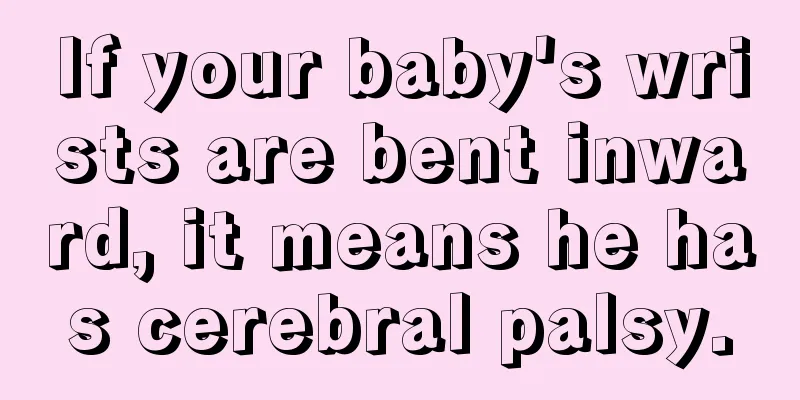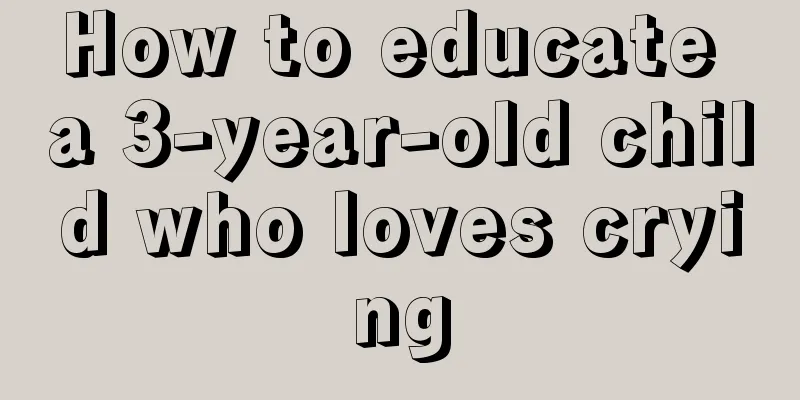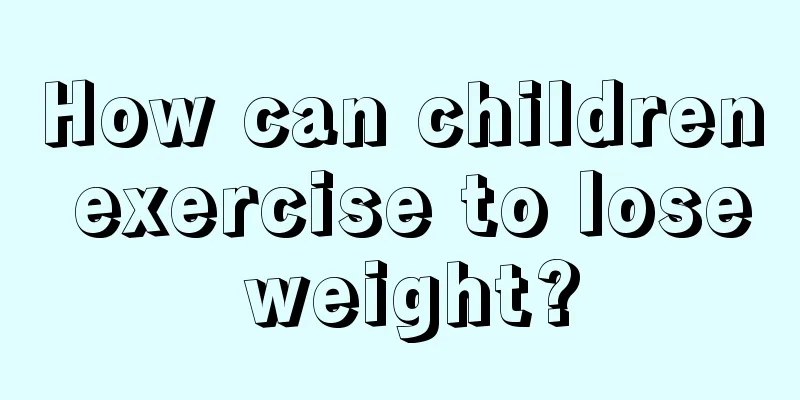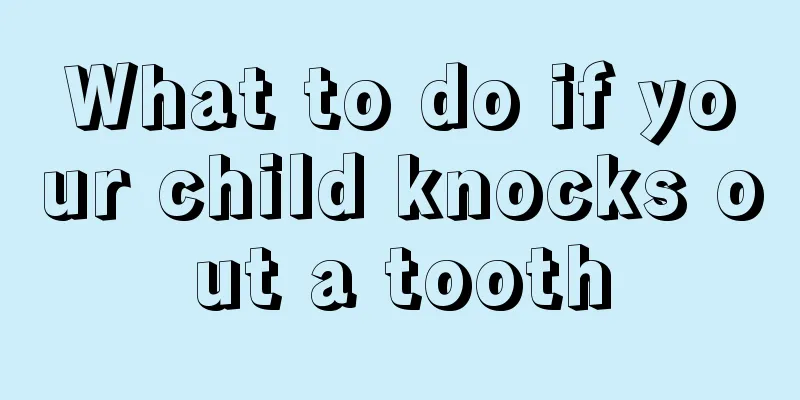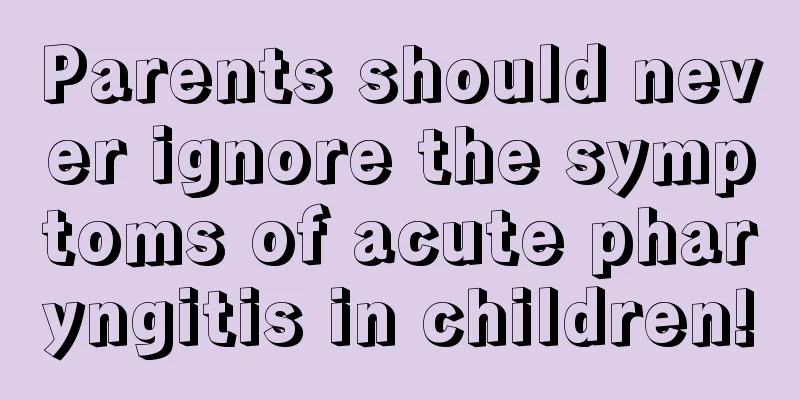Precautions for extracting baby teeth in children

|
Deciduous teeth are teeth that exist in children from infancy to the age of six or seven. Deciduous teeth will not exist forever. When they reach a certain stage, they will become permanent teeth. However, if there are certain problems with the deciduous teeth, such as retained deciduous teeth or caries, they need to be extracted in time. Below, I will introduce to you some precautions when extracting deciduous teeth! 1. These situations must be removed 1. Due to long-term caries, the crowns and roots of deciduous teeth have been severely damaged and often inflamed. They cannot be repaired and are not worth keeping. 2. If the root of the deciduous teeth suffers from apical periodontitis in a large area, it will affect the development of permanent teeth, causing the permanent teeth to change color in the future and affecting the appearance of the teeth. 3. The root canal of the deciduous tooth is infected, causing more than 1/3 of the root tissue of the deciduous tooth to be naturally absorbed. 4. The roots of the deciduous teeth become infected and are pushed by the force of the permanent teeth that are about to erupt, causing the root tips to be exposed outside the gums. 5. The permanent teeth have already erupted or are about to erupt, but the deciduous teeth in the original position remain "in place". Second, postpone the removal of If deciduous teeth have to be extracted, they should be removed as soon as possible, but there are also contraindications to removing deciduous teeth: 1. Patients with blood diseases such as anemia, thrombocytopenia, leukemia, etc. should only have their deciduous teeth extracted after their condition stabilizes. 2. Patients with endocrine diseases such as adrenal cortex insufficiency, hyperthyroidism, diabetes, kidney disease, or cardiovascular diseases such as heart disease are prone to shock during tooth extraction and should consult with relevant doctors and understand their condition before taking any action. 3. Tooth extraction should be avoided during the acute infection period of the disease or when fever occurs, and should be performed after the inflammation is controlled. 4. If you suffer from acute gingivitis or oral mucosal diseases, you should postpone tooth extraction and wait until the inflammation subsides. 3. Precautions after extracting deciduous teeth 1. When a child has his or her baby teeth pulled out, he or she should bite the gauze tightly for thirty minutes. While biting, do not speak and swallow your saliva and blood. This will help apply pressure to stop the bleeding. If there is still bleeding, please bite the gauze tightly for another 30 minutes. Avoid licking blood clots with your tongue or sucking wounds to prevent greater pain and bleeding, and easy infection and inflammation. If you have been given anesthesia, please wait until the anesthetic wears off before eating. Do not eat overly irritating foods, such as foods with strong hot or cold properties. Take medicine on time as directed by your doctor. If bleeding does not stop or there is severe pain, consult a doctor immediately. 2. After a child's tooth is extracted, the bleeding will usually stop within 30 minutes. However, the coagulated blood may mix with saliva and may contaminate the area around the pillow while you sleep. When this happens, please ask the parents to clean the blood and water mixture in the patient's mouth first, and then check whether the wound has stopped bleeding. Usually the wound is in a state of stopping bleeding at this time, so you should pay attention. 3. A few days after the extraction of deciduous teeth, white objects may appear in the wound. This is a normal phenomenon and there is no need to worry too much. You may need to be a little careful when cleaning the tooth extraction wound on the day after surgery. Do not dislodge the blood clot, and clean the wound normally after it has healed. |
<<: Do all children's baby teeth need to be replaced?
>>: White spots on baby's deciduous teeth
Recommend
What causes rapid breathing in newborn babies during sleep?
Every baby is an angel in the family. From the mo...
What should I do if my three-year-old baby has astigmatism?
Nowadays, many babies wear glasses at an early ag...
Children will die if they get this disease. Parents should wake up.
Although medical conditions are getting better an...
How to supplement calcium deficiency in one and a half year old baby
If a one-year-old baby lacks calcium, problems ar...
Why does the child cough while sleeping?
When a child is sick, parents will go to the pedi...
At what age do children replace their front teeth?
Children's tooth replacement period is genera...
Newborn baby diarrhea with milk curds
Since the digestive organs of newborns are not fu...
How long does it usually take for a newborn to grow teeth?
Having a child in the family really adds a lot of...
Premature babies are always startled when they sleep
If a premature baby is always startled when sleep...
The important role of zinc supplementation in children and the importance of zinc supplementation in babies
Zinc is an important element needed by the human ...
What causes swollen lymph nodes in the neck in children?
Enlarged lymph nodes in the neck are a common phe...
What foods should children eat to grow taller
Now our living conditions are getting better and ...
Solutions for children's hair loss
Recently, many children have had the problem of h...
Children's wrist pain may be caused by this disease
Parents need to pay attention to children's w...
Children's nosebleed in autumn
The physical health of children is very important...


